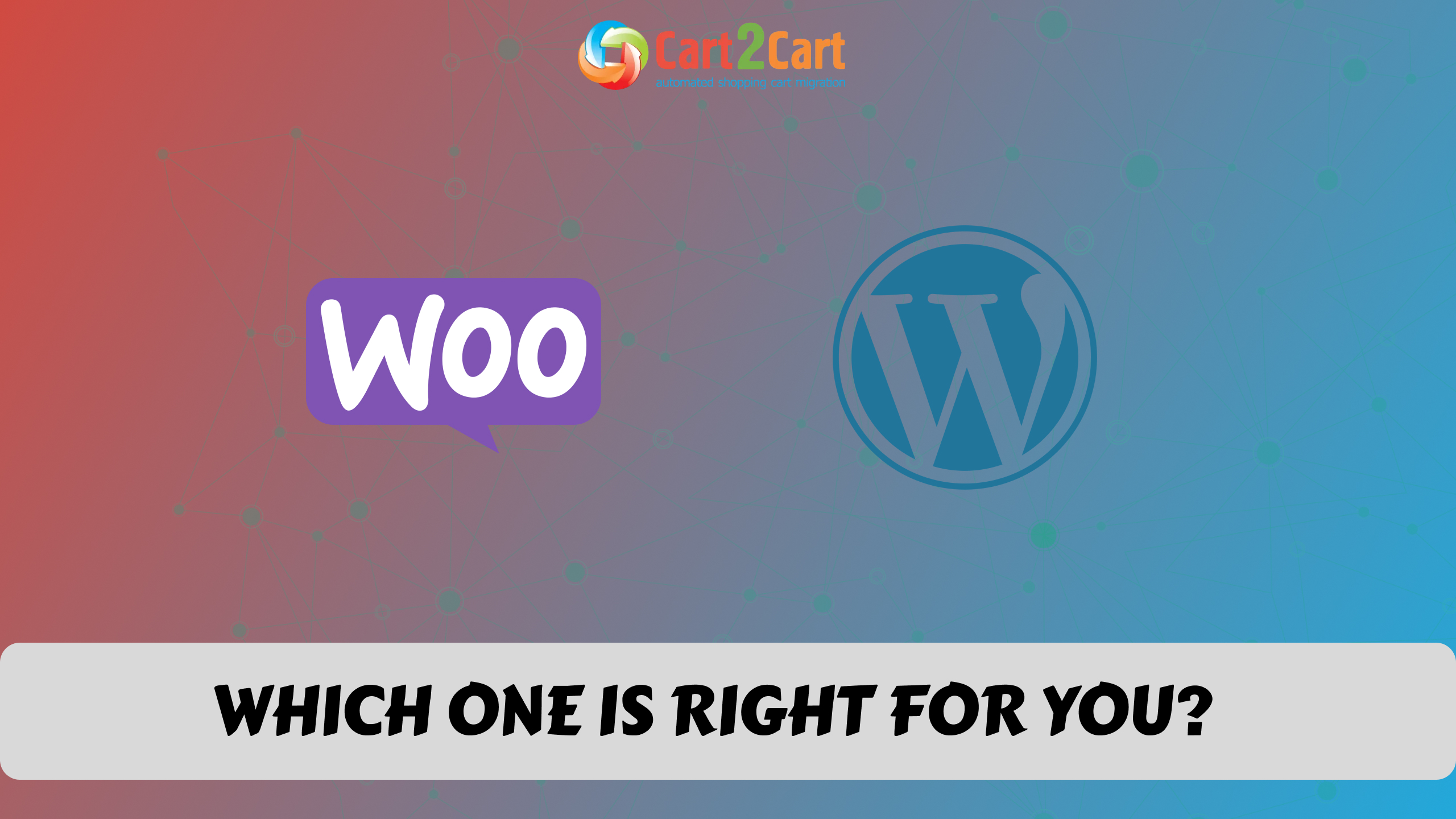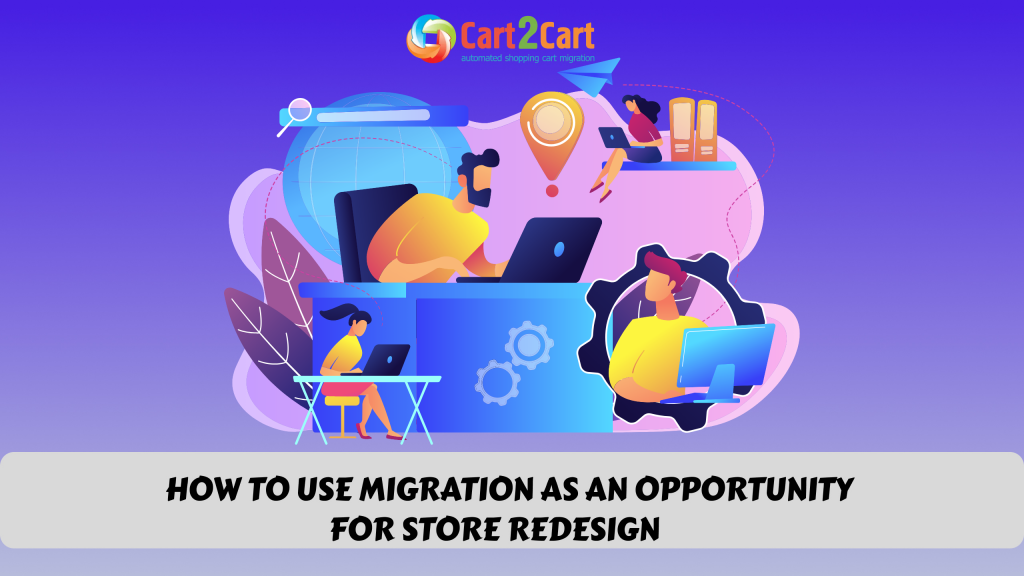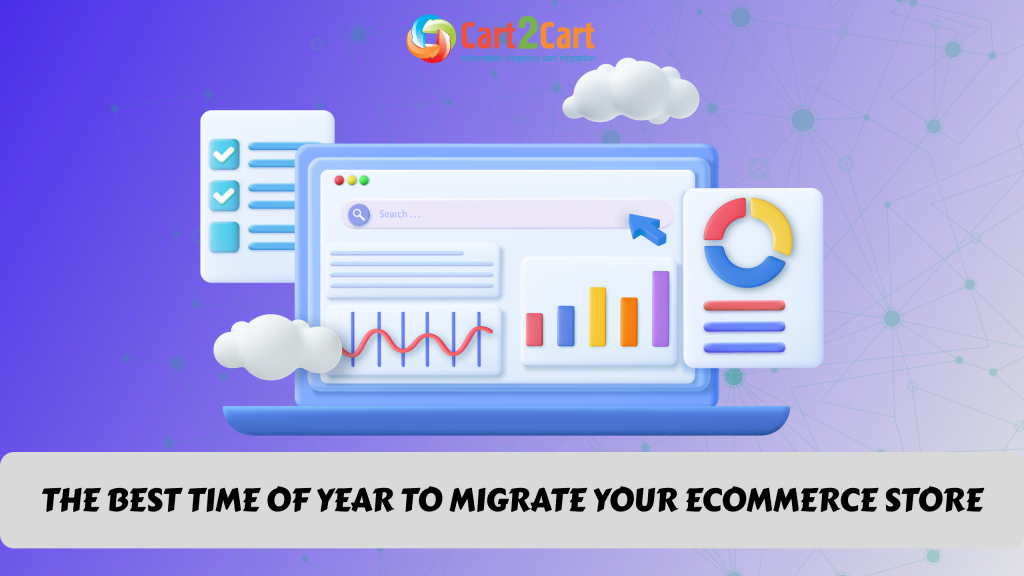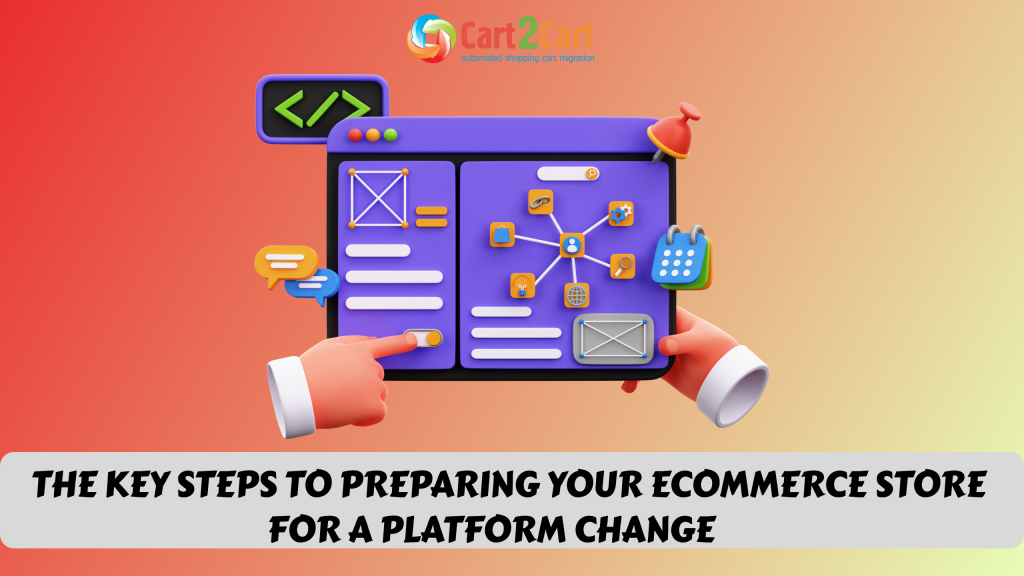
When it comes to building a website or launching an online store, two terms often dominate the conversation: WooCommerce and WordPress. While these platforms are interrelated, they serve distinct purposes and offer different capabilities. This guide delves into the core differences, advantages, and considerations to help you make an informed decision, whether you’re looking for WordPress hosting or tailored WooCommerce hosting plans.
Understanding WordPress
WordPress is an open-source content management system (CMS) designed to create websites of all kinds. From personal blogs to enterprise-level sites, WordPress’s versatility makes it a favorite among developers and non-technical users alike. For those who need seamless performance and reliability, selecting the right WordPress hosting is crucial to maximize the platform's potential.
Key Features of WordPress
-
Flexibility: Supports various types of websites, from blogs to complex portals.
-
Extensive Themes and Plugins: Thousands of free and premium themes and plugins.
-
User-Friendly Interface: Ideal for beginners yet powerful enough for professionals.
-
SEO Optimization: Built-in tools and plugins like Yoast SEO help enhance site visibility.
Pros and Cons of WordPress
| Pros | Cons |
|---|---|
| Easy to use and install | Requires regular updates |
| Highly customizable | Some advanced features need coding |
| Large community support | Can be resource-intensive |
| Wide range of themes and plugins |
WordPress also provides unmatched flexibility in terms of design. With the vast library of themes and plugins, even users with no coding experience can create visually stunning websites. Moreover, its global community offers extensive support, from forums to tutorials, ensuring that help is always available.
However, users should be mindful of potential downsides. Regular updates are necessary to maintain security and functionality, and these updates can occasionally lead to compatibility issues. Additionally, for those seeking advanced customizations, some coding knowledge might be required.
Understanding WooCommerce
WooCommerce is a WordPress plugin that transforms your WordPress website into a fully functional eCommerce store. It’s designed specifically for businesses looking to sell products or services online.
Key Features of WooCommerce
-
Product Management: Easy to add, organize, and manage products.
-
Payment Integration: Supports multiple payment gateways, including PayPal and Stripe.
-
Customizable Storefront: Works seamlessly with WordPress themes.
-
Scalability: Suitable for small businesses and large enterprises.
Pros and Cons of WooCommerce
| Pros | Cons |
| Seamlessly integrates with WordPress | Can require technical expertise |
| Open-source and free to use | Costs can add up with extensions |
| Highly flexible | |
| Extensive community support |
WooCommerce stands out for its robust eCommerce capabilities. From inventory management to advanced analytics, it provides all the tools necessary to operate a successful online store. Furthermore, the platform supports a wide range of payment options, ensuring convenience for both businesses and customers.
That said, WooCommerce is not without challenges. While the plugin itself is free, businesses may incur additional costs for extensions and premium features. Additionally, managing a WooCommerce store might require more technical expertise compared to a basic WordPress site.

WooCommerce vs WordPress: Core Differences
While WooCommerce operates within the WordPress environment, their purposes differ significantly. Here are the key aspects to consider:
Functionality
-
WordPress: Designed for content creation and website management.
-
WooCommerce: Specializes in eCommerce, enabling you to manage products, payments, and shipping.
Cost
-
WordPress: Free to use, but costs may arise from themes, plugins, hosting, and domain registration.
-
WooCommerce: The plugin is free, but extensions for advanced functionalities can increase costs.
Customization
-
Both platforms offer high customization, but WooCommerce’s focus is on eCommerce-specific needs, like shopping cart management and inventory tracking.
Learning Curve
For beginners, WordPress offers a gentler learning curve. Its intuitive interface makes it accessible for users with no prior experience. WooCommerce, while also user-friendly, demands additional knowledge for tasks like payment gateway integration and shipping setup.
When to Choose WordPress
Consider WordPress if you:
-
Need a simple website or blog.
-
Prioritize content management over eCommerce.
-
Have minimal requirements for online transactions.
-
Plan to scale your website for diverse functionalities in the future.
WordPress’s ability to adapt to various needs makes it ideal for projects that focus on content, community engagement, or informational purposes. From showcasing portfolios to hosting forums, its potential is vast.
When to Choose WooCommerce
Choose WooCommerce if you:
-
Plan to sell products or services online.
-
Require features like payment processing and shipping calculations.
-
Want an eCommerce solution that integrates seamlessly with WordPress.
-
Seek detailed reporting tools to analyze your sales performance.
WooCommerce’s extensive eCommerce features cater to businesses of all sizes. Whether you’re a small boutique or a large retailer, its tools ensure smooth operation and scalability.

Key Factors to Consider
Scalability
WooCommerce excels in scalability, making it suitable for businesses planning to expand their product range and customer base. With the ability to add multiple product categories, manage high traffic volumes, and incorporate advanced marketing strategies, it’s a future-proof choice for growing enterprises.
SEO Capabilities
WordPress’s SEO tools extend to WooCommerce, helping eCommerce websites rank well in search engines. By leveraging plugins like Yoast SEO and employing best practices such as keyword optimization and mobile responsiveness, businesses can attract more organic traffic.
Ease of Use
While both platforms are user-friendly, WooCommerce may require additional learning for managing an online store. Tasks such as setting up taxes, configuring shipping zones, and optimizing checkout processes may pose challenges for beginners.
The Ultimate Comparison: WooCommerce vs WordPress
Use Case Comparison
| Feature | WordPress | WooCommerce |
| Content Creation | Excellent | Limited |
| eCommerce Capabilities | Basic | Comprehensive |
| Cost | Varies | Higher with extensions |
| SEO Optimization | Strong | Strong |
| Learning Curve | Low | Moderate |
Real-Life Examples
Several businesses have successfully utilized these platforms to meet their goals. For instance, a travel blogger might use WordPress to share experiences, while a fashion retailer could rely on WooCommerce to showcase and sell apparel.
Pros and Cons Summary
| Platform | Pros | Cons |
| WordPress | Versatile, beginner-friendly | Limited for eCommerce |
| WooCommerce | Robust eCommerce features, scalable | Requires more technical expertise |
Tips for Making the Right Choice
-
Assess Your Goals: Define whether your primary focus is content or commerce.
-
Evaluate Costs: Consider both upfront and ongoing expenses for themes, plugins, and hosting.
-
Plan for Growth: Ensure your chosen platform aligns with your long-term objectives.
-
Test Features: Use demos or trial versions to familiarize yourself with each platform’s capabilities.
Final Thoughts on WooCommerce vs WordPress
Choosing between WooCommerce and WordPress depends on your goals. If your focus is content-driven, WordPress alone is sufficient. However, for those looking to dive into eCommerce, the WooCommerce plugin is the go-to option.
By evaluating your needs and considering the factors above, along with selecting the right hosting provider, you can determine the best fit for your online presence. Whether you prioritize flexibility, functionality, or scalability, both platforms offer powerful solutions for modern businesses. Ensuring a reliable hosting solution will further enhance the performance and reliability of your site.
Ultimately, the decision boils down to your specific requirements. If you’re unsure, start with WordPress and expand to WooCommerce as your business evolves. This approach allows you to build a robust online presence that adapts to your needs over time.
FAQ
Can I use WooCommerce without WordPress?
No, WooCommerce is a plugin specifically designed for WordPress. You must have a WordPress website to use WooCommerce. If you're considering starting an online store, ensure your hosting plan supports WordPress and WooCommerce for optimal performance.
Is WooCommerce free to use?
Yes, WooCommerce itself is free. However, additional costs may arise from purchasing premium extensions, themes, and hosting services. Selecting the right WooCommerce hosting can make a significant difference in your website’s speed and functionality, as features like cache and storage are critical for seamless operation.
Which is better for SEO: WooCommerce or WordPress?
Both platforms offer excellent SEO capabilities. WordPress provides robust tools for content optimization, while WooCommerce extends these features to product pages and eCommerce-related content. Understanding the difference between WordPress and WooCommerce helps in choosing the right strategy for your store, especially when selecting hosting plans that ensure fast load times and reliable cache management.


 March 31, 2025
March 31, 2025 


